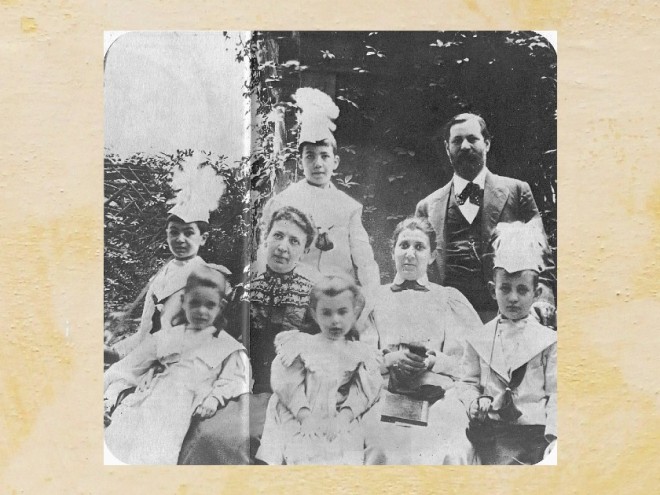In Daphne Merkin’s 22 Minutes of Unconditional Love, book editor Judith Stone meets criminal defense attorney Howard Rose at the party of mutual friends in New York City. A relationship ensues that Stone describe as “twisted love — love indistinct from madness” and later as an “obsession.” Stone recalls the relationship as a much younger woman as counterpoint to her married, respectable and pregnant-with-her-second-child present. During her youthful fling with Rose (resonances with Howard Roark of Ayn Rand’s The Fountainhead extend beyond the name), Stone discovers the glories of orgasms and the pleasures of erotic fingering at movie theatres among other racy passions punctuated by acts of humiliation. 22 Minutes of Unconditional Love is Merkin’s second novel; she won the Edward Lewis Wallant Award for best novel on a Jewish theme for her debut novel Enchantment (1984). Two collections of essays followed in the 1990s and then her memoir This Close to Happy (2017).
22 Minutes of Unconditional Love plumbs the heterosexual dynamics between an older man, Rose is in his 40s, and a younger woman. Merkin’s frank portrayals of sex recall iconic feminist books about women’s sexuality including Nancy Friday’s My Secret Garden (1973), Erica Jong’s Fear of Flying (1973), Betty Dodson’s Liberating Masturbation (1974) or her Sex for One (1987), and Judy Blume’s Forever (1975); fans of those books are likely to delight in 22 Minutes even though readers encounter the relationship between Rose and Stone in a very different moment than these earlier exuberant explorations of women’s sexuality. While contemporary women’s magazines regularly provide advice on orgasms, intimacy, and power in sexual relations, the #MeToo movement brought into public view richly nuanced conversations about complexities and power dynamics within sexual relations. The joy of a pleasurable orgasm now tempered by material realities. In this space, Merkin shines, evoking the insecurities, vulnerabilities, and interior doubts of Stone without overly demonizing Rose. His emotional and mental manipulations might cause readers pause, but more often than not he appears truculent cad more than barbaric sadist.
A recollected affair, with Stone’s reflections provoking revelations about sexuality, provides the fulcrum for the novel. Novelist Nicole Krauss’s recent short story “Switzerland” in The New Yorker uses a similar framework. Krauss tells a riveting story of a middle-age woman recalling a teenage friend’s affair with an older man when they were on the edge of adulthood; Krauss’s narrator sees pleasures and dangers through new eyes as her own daughter approaches the age of majority. These two texts are in a vibrant conversation. Krauss’s short story is arresting, nuanced, and challenging; Merkin’s novel exploring a steamy affair is another take on this provocative dynamic.
Is 22 Minutes of Unconditional Love a novel of women’s sexual desires unleashed, or is it the story of a man’s manipulation of a woman more than a dozen year’s his junior? That question is open for debate — and 22 Minutes of Unconditional Love will enliven book groups. Five “digressions” in the text allow Merkin as narrator to engage with readers, inviting meta-narratives on which book clubs thrive. In the final digression, Merkin writes, “What’s your sex life like?” Reflections on this question — and one’s own youthful, erotic entanglements — in conjunction with Stone’s story in 22 Minutes will prompt provocative and meaningful discussions among readers.
Julie R. Enszer is the author of four poetry collections, including Avowed, and the editor of OutWrite: The Speeches that Shaped LGBTQ Literary Culture, Fire-Rimmed Eden: Selected Poems by Lynn Lonidier, The Complete Works of Pat Parker, and Sister Love: The Letters of Audre Lorde and Pat Parker 1974 – 1989. Enszer edits and publishes Sinister Wisdom, a multicultural lesbian literary and art journal. You can read more of her work at www.JulieREnszer.com.



